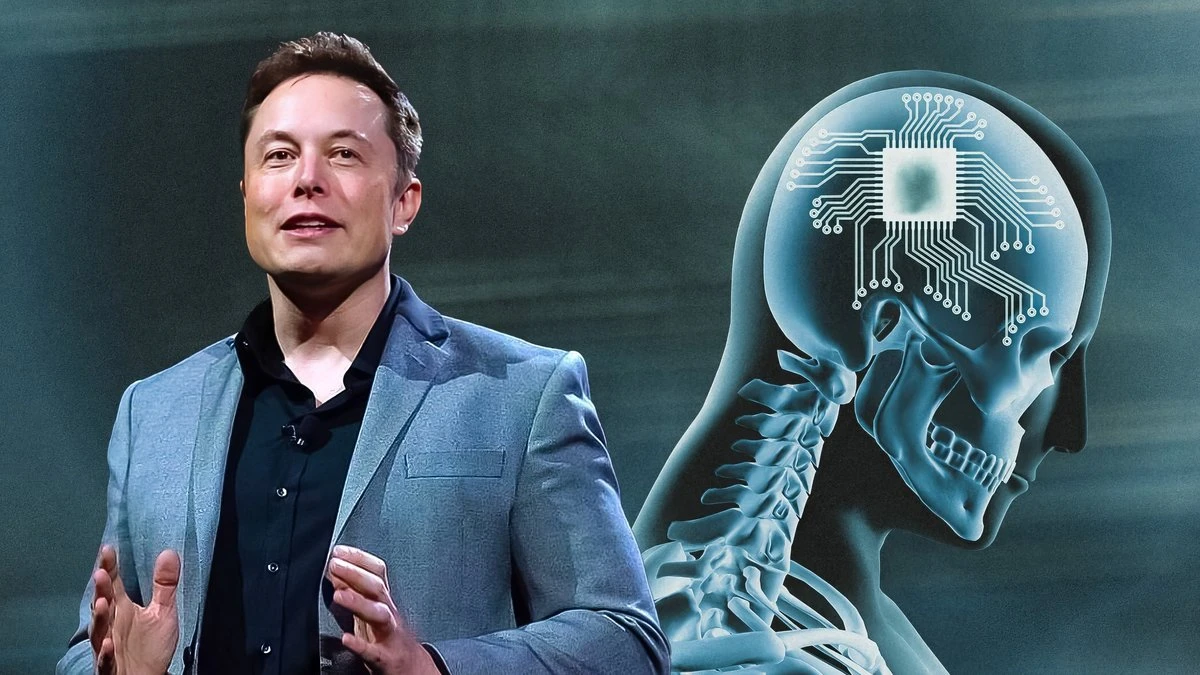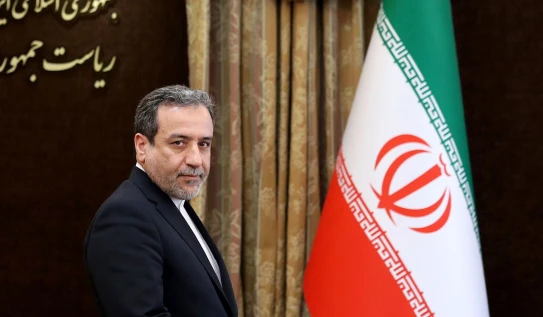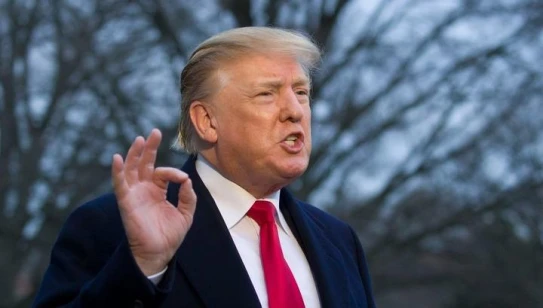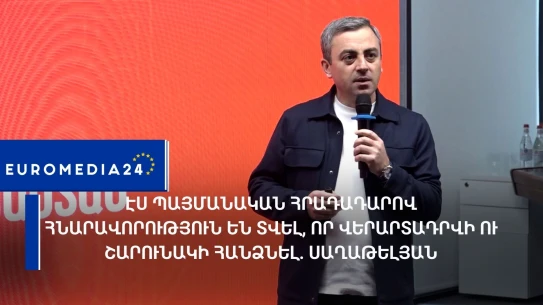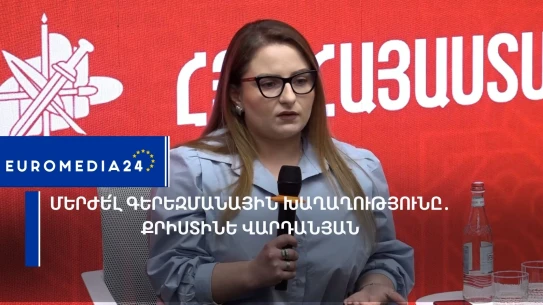However, as journalists found out, Musk is trying to prohibit others from doing what he himself did. In the 1990s, he had no legal right to work at Zip2, which he sold in 1999 for $300 million. The future billionaire arrived in Palo Alto, California, in 1995. He stated that he wanted to go to graduate school at Stanford University, but he never signed up for classes and instead began working on a startup. Legal experts interviewed by the publication say Musk should have been deported if the scheme was discovered.
This status of a businessman worried investors. For example, Mohr Davidow Ventures gave Musk, his brother and their associates 45 days to obtain legal work status, threatening to withdraw their investment otherwise. At the same time, according to Zip2 employees, the founder of the startup himself said that he was in the United States on a student visa. Later, Billion joked about this topic. In 2013, he said that at the beginning of his career he was in a “gray zone.” In 2020, he repeated the student visa argument, but admitted it, but put his studies at Stanford on hold and focused on work.
At the same time, Musk’s younger brother, Kimbal Musk, did not hide the fact that he was an illegal migrant, and also said that he had to deceive government officials in this matter.
















